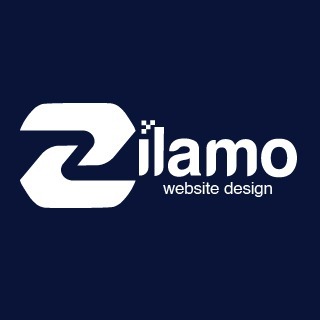
Articles
Trends, Advantages and Disadvantages of Website Builders in 2025

Share this post
With the development of technology, 2025 became a turning point for website builders - these tools ceased to be just a simplified means of creating a web page and became full-fledged platforms for businesses of various scales. In this article, we will consider the main trends, as well as the pros and cons of modern builders.
Trends of 2025
The main trend of 2025 is the introduction of artificial intelligence into the functionality of builders. AI helps to automatically generate design, content, as well as optimize the site for SEO and improve the quality of UX. This approach dramatically simplifies the creation of a site for users without technical training, allowing you to launch projects and get ahead of competitors quickly.
Another modern trend is dynamic and emotional design. These are interfaces that adapt to each user individually, creating an emotional response and motivating them to return. Personalization has become a prerequisite for attracting and retaining an audience.
Also noted is the popularity of headless CMS and no-code platforms with the ability to integrate with various services - marketing, analytics, automation, etc. This allows you to scale the site and use its content simultaneously on multiple platforms and devices.
Advantages of website builders
1. Speed of creation: In just a few minutes, you can launch a full-fledged website or landing page by choosing a template on a platform like Weblium and filling it with content.
2. Accessibility: No programming or design knowledge is required, which makes designers ideal for small businesses, startups, and individual entrepreneurs.
3. Cost savings: Using a designer is several times cheaper than ordering a website from an agency.
4. A large number of templates and integrations: A wide selection of designs and the ability to connect useful services - from CRM to email marketing.
5. Automation through AI: Creating unique texts, images, SEO optimization without additional time.
Disadvantages of website builders
1. Limited design uniqueness: Most templates are similar, and the possibilities for deep customization are often limited.
2. Size and speed: The generated code is sometimes heavier than manually optimized, which can negatively affect the loading speed.
3. Limited functionality and scalability: For very complex sites, online stores with unique functionality, CMS or custom development are better suited.
4. Platform dependency: If the designer discontinues support or changes policies, the site may lose accessibility or functionality.
Conclusion
Website builders in 2025 have become powerful assistants for those who want to quickly and inexpensively launch their web resource. They are suitable for small and medium-sized businesses, startups and individual projects where deep functionality is not required. Their main advantage is accessibility, speed and support for AI technologies, which make the creation process even easier. At the same time, for large-scale and non-standard projects, it is worth considering more complex solutions with a flexible CMS or custom development. Therefore, the choice of tool always depends on the specific goals and objectives of the business.





